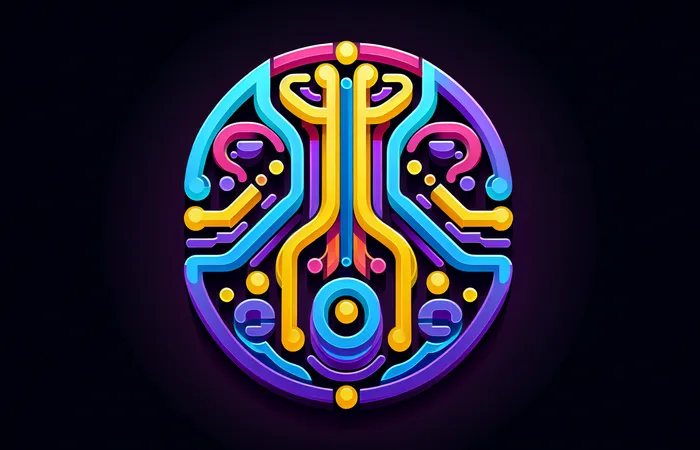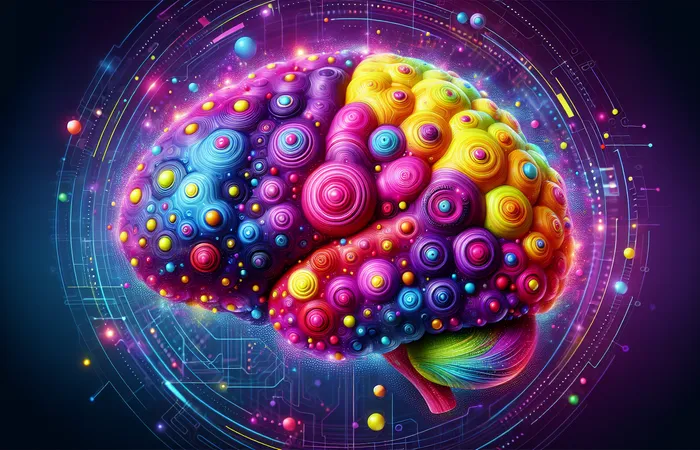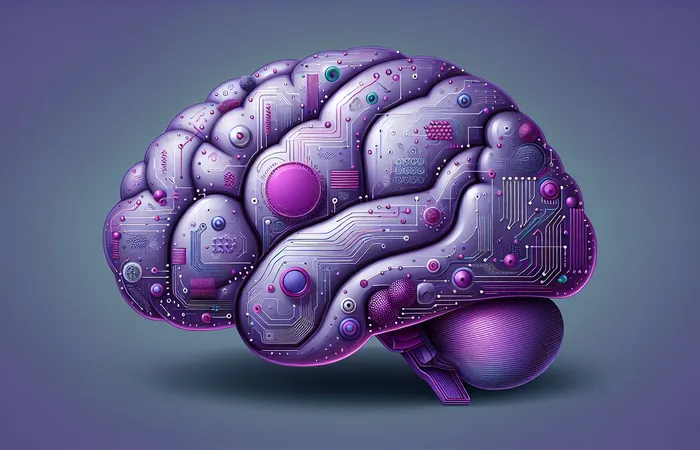Enhancing Soft Skills through Smart Learning Tools

In today's dynamic work environment, the ability to hone soft skills is crucial. This article explores how smart learning tools are transforming the way these essential skills are cultivated.
The Role of Soft Skills in Modern Workplaces
Soft skills, such as communication, emotional intelligence, problem-solving, and teamwork, are increasingly valued across various industries. As businesses continue to evolve, the demand for professionals with strong emotional intelligence and interpersonal skills grows. While technical skills can be taught and mastered through traditional educational models, the cultivation of soft skills often requires a more nuanced and practical approach. Smart learning tools harness the power of AI in education to address this very need, offering innovative solutions for the modern learner.
Leveraging AI Technology for Soft Skills Development
The integration of AI technology in education has opened new doors for personalized and adaptive learning experiences. With the help of AI-driven platforms, learners can receive real-time feedback tailored to their unique learning styles. Tools using natural language processing can simulate various interpersonal scenarios, enabling users to practice and refine their communication skills in a risk-free environment. These platforms also adapt to the learner’s progress, identifying areas for improvement and offering customized training modules, helping individuals upskill effectively.
Benefits of Smart Learning Tools in Corporate Training
In corporate settings, the use of smart learning tools is transforming the approach to employee training and development. These tools foster a continuous learning culture that is vital for employee growth and satisfaction. By offering scalable training solutions that can be accessed anytime and from anywhere, employees can focus on developing soft skills at their own pace. Moreover, data analytics provided by AI tools give corporations valuable insights into employee progress and performance, allowing for more informed people development strategies.
Upskilling and Reskilling for the Future of Work
As industries undergo rapid transformation, the need for upskilling and reskilling becomes paramount. Smart learning tools are pivotal in preparing the workforce for the future of work. By incorporating real-world simulations and interactive learning modules, these tools not only enhance traditional training methods but also engage employees in practical, life-like situations. This experiential learning is critical for developing the adaptability and resilience needed in today’s competitive job market.
Encouraging Collaboration and Team Performance
Learning platforms that emphasize soft skills development often include collaborative features that encourage team-based learning. These platforms promote interaction and discussion among peers, fostering an environment of cooperation and shared knowledge. Such engagement is instrumental in building team performance, where the ability to work harmoniously towards common goals is essential. Facilitating better understanding and empathy among team members ultimately leads to improved productivity and workplace harmony.
Conclusion: Embracing Learning Culture through Smart Tools
The advancement of smart learning tools marks a significant shift in how soft skills are cultivated in the workplace. By leveraging cutting-edge technologies like AI, businesses can create a robust learning culture that prioritizes continuous development and maximizes employee potential. As more organizations recognize the importance of soft skills in driving success, embracing these innovative educational tools will undoubtedly play a critical role in shaping the future of work.
Incorporating smart learning tools is no longer a choice but a necessity for those committed to thriving in a rapidly evolving world. Both individuals and organizations that prioritize the development of these essential skills will find themselves ahead in the competitive landscape. By doing so, they not only enhance their personal growth but also contribute significantly to the collective success of their businesses.



